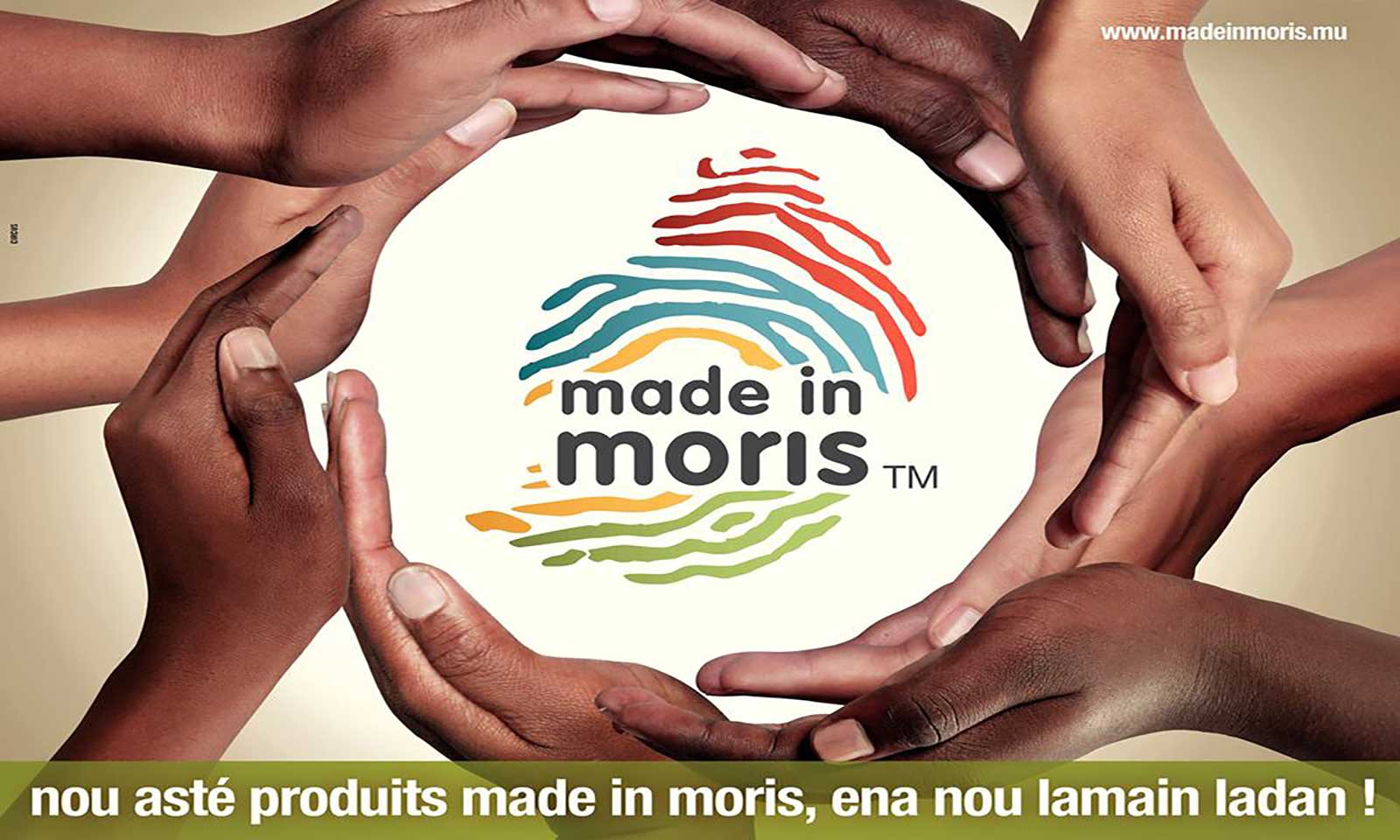Over time, Mauritius has moved from being an economically developing country to an industrialized one. With the good growth of the local industry, the Association of Mauritian Manufacturers (AMM) will hold its new Annual General Meeting on Friday 31 March at the Maison de l’Etoile, with the ambition of looking at the contribution of innovations that technology offers.
Mauritius has seen a steady economic progress in recent years thanks to the local industry, which has positively modified the unemployment curve. As a result, in the face of international competition in key sectors of the economy, the WMA is considering turning more to new technologies.

@Microsoft
WMA towards an industry 2.0
Moreover, the agenda of the AMM round table will be a question: “The digital transition and connected objects, what are the challenges and opportunities for our island industry? On this occasion, Mr Jerome Isautier, President of the Association for the Industrial Development of Reunion Island (ADIR) and Mr Thierry Collette, from CEA TECH LETI (CEA’s industrial innovation laboratory in France) will be present as guest speakers. The Minister of Finance and Economic Development, Mr Pravind Jugnauth, will also be present.
The discussion will revolve around the prospective of manufacturers, equipment suppliers, infrastructure and software developers. The WMA will also take advantage of Mr. Collette’s visit to work on the “Internet of Things in Industry”, an innovation platform project. It will be used to test new applications that can help local industry become more competitive.

Technology and its new horizons
Today, industrial competitiveness is based primarily on the ability of companies to improve the performance of their production systems. This development process refers to technological activities that are grouped together under the term “advanced manufacturing”: software and technologies for calculation, automation, cross-referencing of information, networking and, of course, everything connected. An evolution which takes place in the transformation of this industrial revolution which is the digital one. The agricultural economy was based solely on the cultivation of sugar cane.
Since then, the country has successfully evolved and diversified its economic base, developing new pillars, such as:
- The development of smart cities
- Technology, Innovation and Communications (ICT)
- The development of the ocean economy
- Tourism
- Renewable energy

The Mauritian development model is based on the key fundamentals of economic democratization, inclusive growth, human capital development and social mobility. However, with over 12,000 SMEs and 170 large companies, the WMA is undoubtedly the mainstay of local industry in Mauritius. With its label, now known to all, “Made in Moris”, it seems to have had a considerable impact on the quality and the way of consuming of Mauritians. A progress that will now favor the playful sector of technology, namely the Internet Of Things.
The IOT or Internet Of Things
It’s a fact, connected objects are present in our daily life and will be more and more. The connected world is “THE” great revolution of the early 21st century. Our society is undoubtedly benefiting from innovative developments such as fibre optics. Therefore, connected objects imply even greater upheavals than the arrival of the latest smartphones, freshly marketed. “Measuring”, “calculating”, “monitoring”, “controlling” are gradually becoming a normal part of our lives. This new way of interacting offers today’s generations a key asset to the local industry. Start-ups, smart cities and apps are undeniably the fruit of this progress, which aspires to be computerized. The high-tech sector is more than beneficial to local companies engaged in innovation, research and development activities.

Satisfactory figures for ICT
The latest report released by the Board of Investment (BOI) earlier this year highlighted the growth that the Information and Communication Technology (ICT) sector experienced in the Mauritian landscape in 2016. According to the report’s figures, the number of companies (generally, SMEs) in this sector increased from 2015 to 2016 from 700 to 750, an increase of 7%. Start-ups, on the other hand, account for 35% of the entire business sector. Generally, they employ up to nine people, especially in digital communication and website development. In 2005, the country had 90 companies involved in ICT / BPO and these numbers have been steadily increasing. In 2010, there were 400 companies compared to 631 in 2013. The number of employees has, at the same time, increased to 23,000 in 2016.
Today, the WMA can still be counted on to promote the Mauritian industry and accompany its continuous transformation. With this in mind, WMA should find more opportunities through technology which is the key to an industry 2.0.



